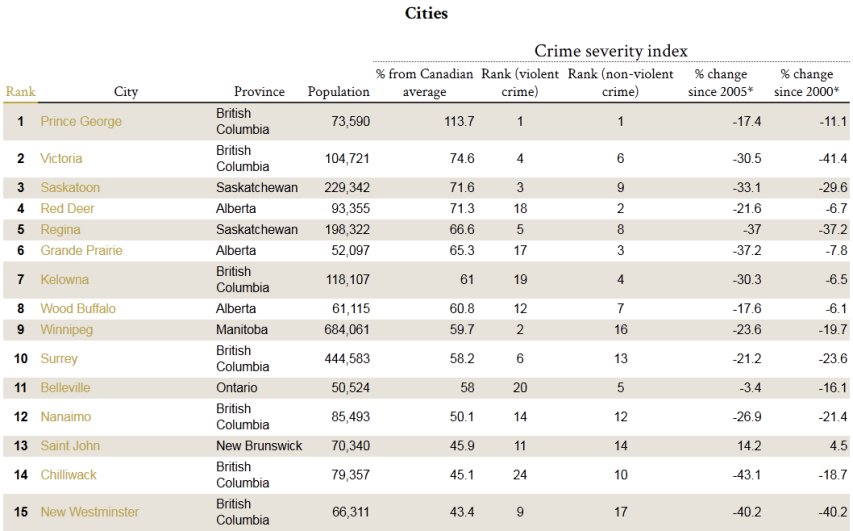Michael Pinkus responds to an unfair accusation against Diamond Estates over their ability to open a retail store in Scarborough (most wineries are not legally able to do this):
Upon reading the Fashionable Press’ article I shot back the following (on everybody’s favourite medium these days) the Facebook comment section: “Have you really not been paying attention??? Diamond has a store because they bought a winery that had 1) a pre-1993 license and 2) had a pre-existing store. No mystery here, no cronyism, just smart business sense. In Ontario’s archaic system there are two things that reign supreme: a pre-1993 license (which allows you to blend foreign and domestic wines) and a winery with an outside store attached. Diamond got them both when they acquired DeSousa.”
The reply from Fashionable was quick: “Yes we understand that point the issue remains why no other winery can do the same thing?”
To which I answered, “This comes back to the archaic laws … not cronyism or the fact that Murray Marshall is chairman and CEO of VQA Canada. As many know I am not a huge supporter of the big wineries that can blend (and do) but Murray is working well within the crappy, backward, stink-ass system we call the alcohol laws in Ontario. If another winery wanted to do it they can pony up the 3+ million Cilento will sell their license for (of course I may be off by a few million on the price because that pre-93 piece of paper is a license to print money).”
To understand all this, and all it’s intricacies and complexities is to understand why Ontario’s small wineries are so pissed off (and yes that is the right wording here) when the subject of VQA stores is brought up. But back to Diamond … The moment DeSousa went up for sale Murray saw it as an opportunity to get a store that wasn’t tied to Niagara and a way to get his products into the hands of consumers in the much more lucrative market of Toronto (in this case Scarborough).
Now the astute amongst you (or the Ontario wine history buff) will note that Lakeview also has a pre-1993 license (est. 1991) – but that’s where it gets even wonkier. While Lakeview would be allowed to blend foreign with domestic wines, the original owners never branched out to buy another retail store, so their operation was stuck in Niagara post-1993 when the moratorium on wine store licenses was imposed. DeSousa (est. 1990) on the other hand, did acquire one additional retail licence prior to the cut-off.
The hard part about owning these stores is they are rarely permanent, and here’s why. The rationale behind placing one of these additional retail outlets somewhere is that it is an “under-serviced neighbourhood” … Fashionable asks the following: “Why didn’t the LCBO find this under-serviced gem and plunk one of its outlets there? … Why did they choose in a gentlemanly way to cede over to Diamond?”
To that I say ‘Have No Fear’, if that Diamond store does well then you can bet the farm that the liquor monopoly will parade in like a white knight and announce a store nearby … which will force Diamond to relocate the store to another “under-serviced area” … and how, you may ask, will the LC know that Diamond is doing so well? That my friends is what smells bad in this entire deal: Who do you think gets to look at the sales numbers from these off site stores? Hmm? They’re not called the KGBO by some for nothing.
So the brief and fleeting moment that Diamond has taken advantage of will disappear as soon as the LCBO decides that they need to move into that disadvantaged area and open an LCBO store, which will force the private seller to close their store in the area. Nice.




